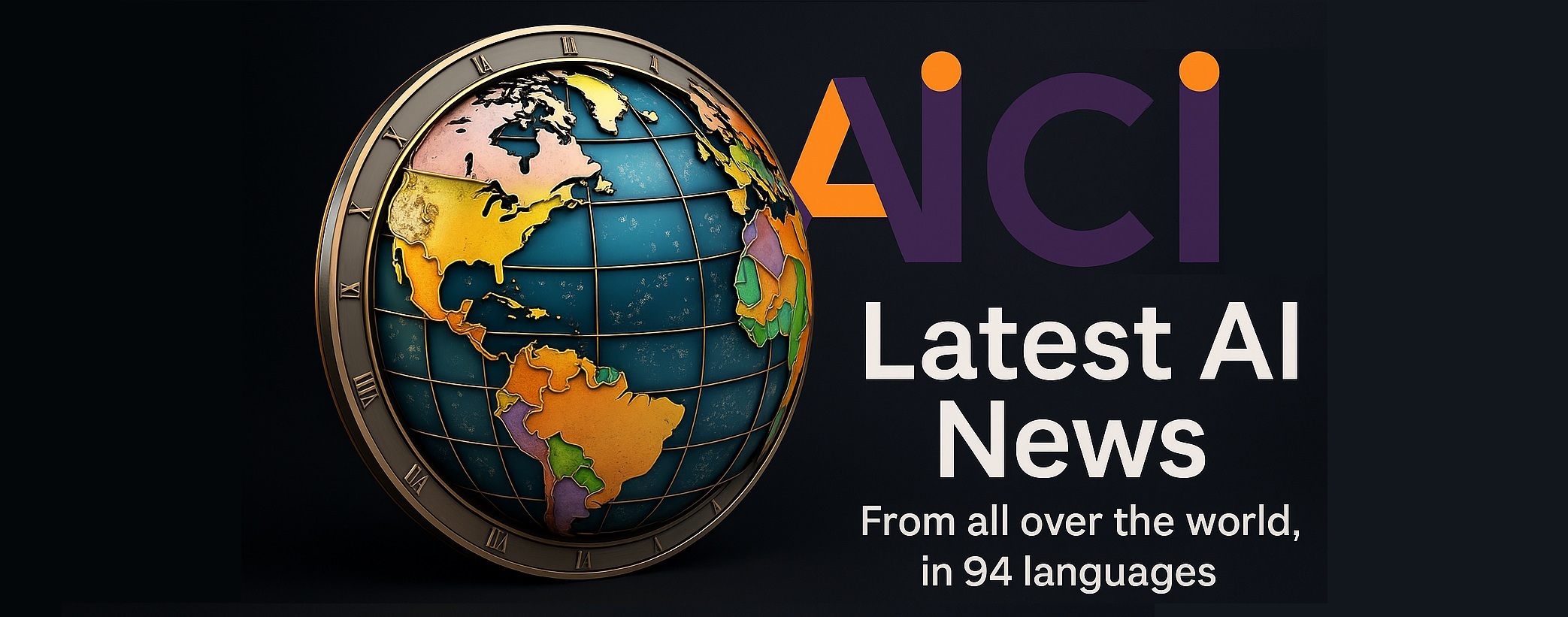July 29, 2025 - A new study reveals artificial intelligence is revolutionising scientific discovery by processing vast datasets at speeds previously unimaginable. Researchers report AI models have identified patterns in marine ecosystems that would take human scientists decades to detect, accelerating climate change research. This breakthrough demonstrates AI's potential to address complex challenges like biodiversity loss and disease modelling.
The AI system analysed satellite data and oceanographic records to predict marine heatwave impacts with 90% accuracy. Shia Waves quotes Dr. Maria Rodriguez, lead researcher: 'AI isn't replacing scientists – it's becoming their most powerful collaborator, revealing connections we couldn't see before.' The technology enables real-time monitoring of ecological systems, crucial for conservation efforts.
This development aligns with growing adoption of AI in open-source scientific research, particularly in climate modelling and drug discovery. However, it raises questions about reproducibility and transparency in AI-driven findings. As neural networks become more complex, ensuring explainability remains critical for maintaining scientific integrity.
Our view: While AI's analytical capabilities are transformative, their integration into science demands rigorous validation frameworks. Collaborative platforms that combine human expertise with machine learning could unlock new frontiers in interdisciplinary research, provided ethical guidelines address data privacy and algorithmic accountability.

Be the first to comment!